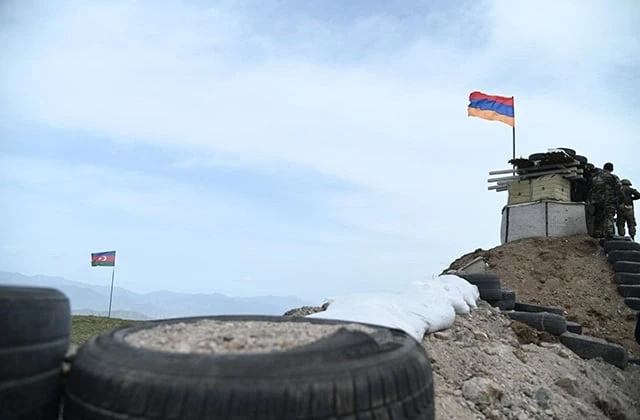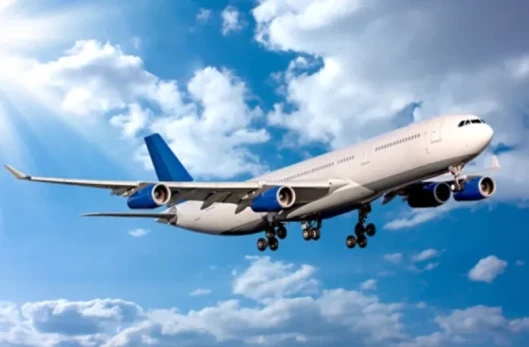At the moment, the probability of a large-scale attack by Azerbaijan against Armenia is not high. RA Foreign Intelligence Service



After the closure of the UAE airspace, the first flight from Dubai to Yerevan was made
Military escalation: the region is on fire. There are no losses among Armenians in Iran (video)
What does Gyumri-2 mean and why does it worry the government? Andranik Tevanyan
The global conflict is at a dangerous stage: Vitali Balasanyan was questioned (video)
Memorial ceremony in front of the Iranian embassy "Iran is guided by peaceful goals". Shirgholami (video)
Nuclear tension in the world. What forces will be in the National Assembly after the elections in RA (video)
An emergency in Gyumri. A completely naked 20-year-old boy was taken to Gyumri Medical Center
How many days off will there be in March?
There will be no light on March 3 and 4. addresses
62 births were registered in Gegharkunik in February 2026
RA embassies and consular departments in Iran and Israel continue their activities. MFA
There will be no light at the following addresses
The situation on RA roads
The RA government is working on air transport to Armenia
Preparations for murder have been discovered, there is an arrestee. RA Ministry of Internal Affairs
Light snow is falling in Sevan, Vardenis, Goris, Hrazdan regions
The action of the "No to West Azerbaijan" movement dedicated to the memory of the victims was held in Tsitsernakaberd (video)
I love you forever and ever. Stella Sarukhanyan to Anna Hakobyan
Electricity supply to some addresses in Yerevan and marzes will be stopped
Committing a crime in the US can lead to visa revocation. embassy